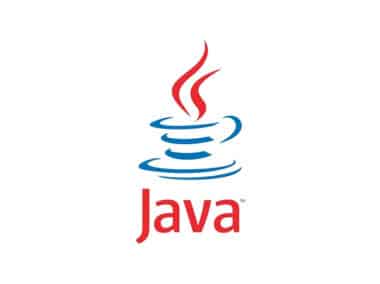As a programmer, you may have encountered errors or exceptions during program execution. These errors can occur due to various reasons, such as invalid input or unexpected behavior of the code. Exception handling is a crucial aspect of any programming language to handle such errors gracefully without causing the program to crash.
In PHP, exception handling is implemented using the try-catch block. The try block contains the code that may throw an exception, while the catch block is used to catch the exception and handle it. The try-catch block is used to handle exceptions in PHP.
try {
// Code that may throw an exception
} catch (Exception $e) {
// Handle the exception
}
The try block contains the code that may throw an exception. If an exception occurs in the try block, the control is transferred to the catch block. The catch block can then handle the exception as required, such as displaying an error message or logging the error.
PHP provides several built-in exception types that can be used to handle specific types of errors. Some of the commonly used built-in exception types in PHP include:
Exception: The base class for all exceptions.InvalidArgumentException: Thrown when an argument is not of the expected type.RuntimeException: Thrown when a runtime error occurs.
In addition to the built-in exception types, PHP also allows developers to create custom exception types that can be used to handle specific errors in the application. Developers can create a custom exception type by extending the base exception class.
class CustomException extends Exception {
public function errorMessage() {
// Error message
$errorMsg = 'Error on line '.$this->getLine().' in '.$this->getFile()
.': <b>'.$this->getMessage().'</b> is not a valid email address';
return $errorMsg;
}
}
When an exception is thrown in PHP, the control is transferred to the catch block. The catch block can then handle the exception as required, such as displaying an error message or logging the error. Developers can catch specific exceptions by specifying the exception type in the catch block.
try {
// Code that may throw an exception
} catch (CustomException $e) {
// Handle custom exception
echo $e->errorMessage();
} catch (Exception $e) {
// Handle other exceptions
echo 'Error: '.$e->getMessage();
}
In conclusion, exception handling is an important aspect of PHP programming language that allows developers to handle runtime errors and exceptions gracefully. PHP provides built-in exception types as well as the ability to create custom exception types to handle specific errors in the application. By using exception handling, developers can write more robust and error-free code.



